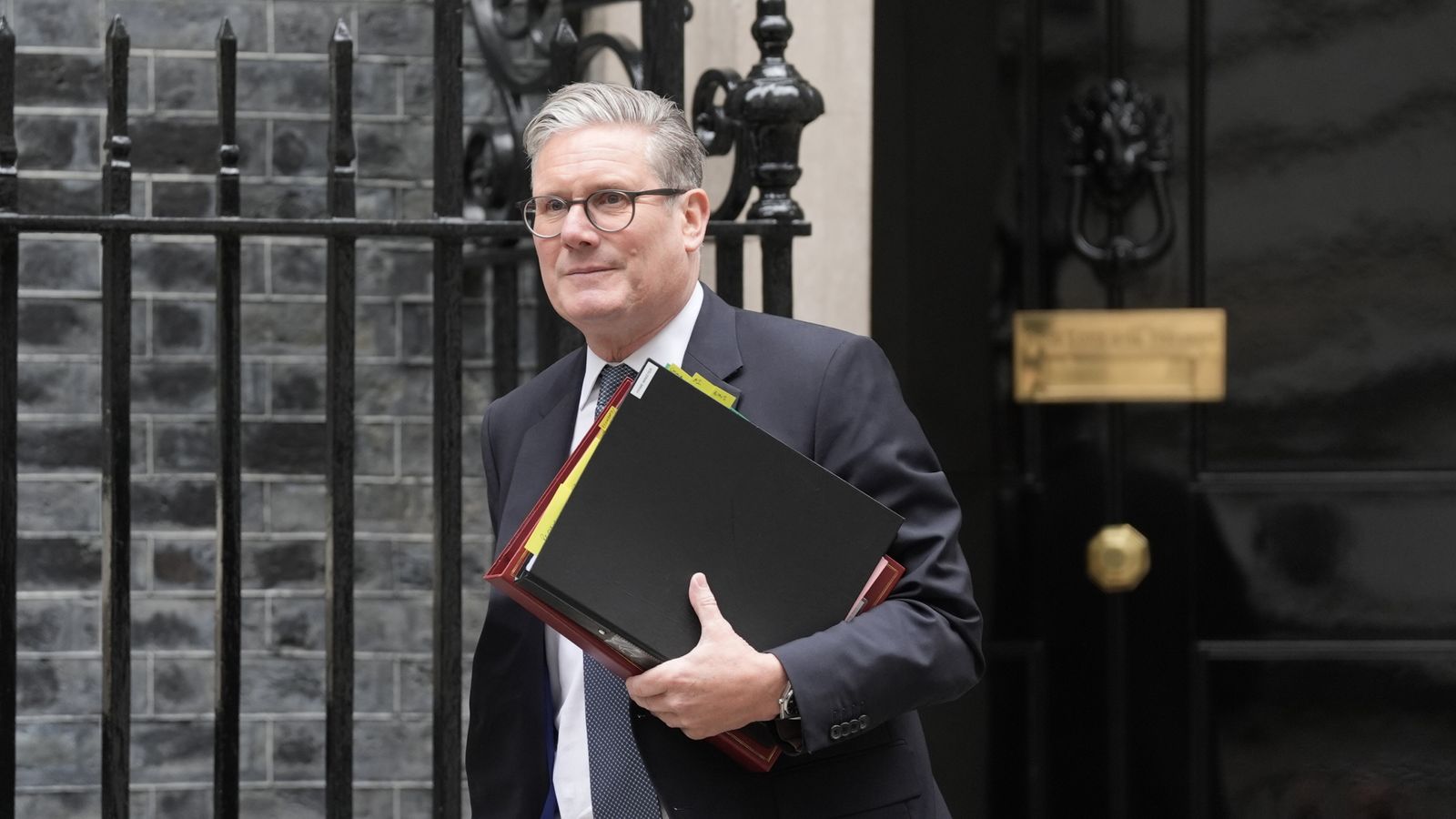- Rebellion Persists Despite Government U-Turn
- Poverty Impact Fuels Opposition
- Political Authority at Stake
Prime Minister Sir Keir Starmer faces a damaging rebellion from his own MPs today as Parliament votes on controversial welfare reforms that would cut benefits for disabled people, despite last-minute government concessions aimed at reducing the revolt.
Around 50 Labour MPs are expected to defy the party whip in a 7pm vote on the Universal Credit and Personal Independence Payment Bill, marking what could be the largest rebellion of Starmer's premiership just days before the first anniversary of Labour's election victory.

The revolt has persisted even after the government offered concessions last week that will cost taxpayers £2.5bn and halve the original £5bn in proposed savings12. Work and Pensions Secretary Liz Kendall confirmed existing claimants of Personal Independence Payment would be protected from stricter eligibility rules, which will now only apply to new claims from November 20263.
"There are so many more MPs prepared to vote down Sir Keir Starmer's benefit cuts than those publicly signed up," said Rachael Maskell, a leading rebel who has tabled an amendment to sink the legislation4. Her amendment has attracted 39 Labour signatures, though she claims many more MPs oppose the bill54.
The rebellion has shrunk from an initial 126 Labour MPs who signed a "reasoned amendment" last week, but negotiator Debbie Abrahams accused the government of reneging on agreements made during talks6. "The actual offer that was put to one of the negotiating team wasn't actually what we thought we had negotiated," Abrahams told ITV6.
The government's own impact assessment, published Monday, revealed the reforms will still push 150,000 people into poverty by 2030, down from 250,000 under the original proposals12. The Trussell Trust warned that 440,000 people in disabled households would face "severe hardship" from the cuts3.
The bill would tighten eligibility for PIP, the main disability benefit, and reduce the Universal Credit health element for new claimants to £50 per week from April 202634. Ministers argue the reforms will encourage more people into work while the opposition says they target the most vulnerable.
Political analysts view the rebellion as a test of Starmer's leadership. "It's a failure of leadership for a prime minister with such a big majority to not be able to get their agenda through," said Rob Ford, professor of politics at the University of Manchester1.
The welfare revolt marks the third policy reversal in recent weeks, following U-turns on winter fuel payments and pressure for a child abuse inquiry1. Even with Conservative support likely to ensure passage, the rebellion threatens to establish a pattern of backbench defiance that could plague Starmer's government2.






